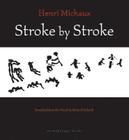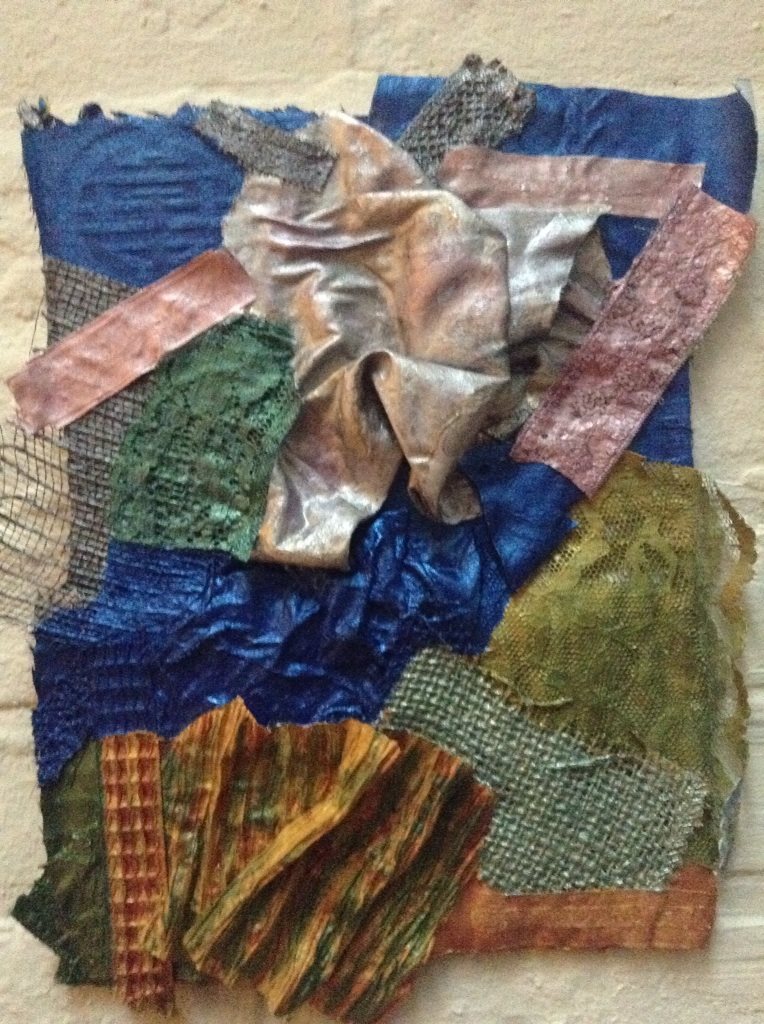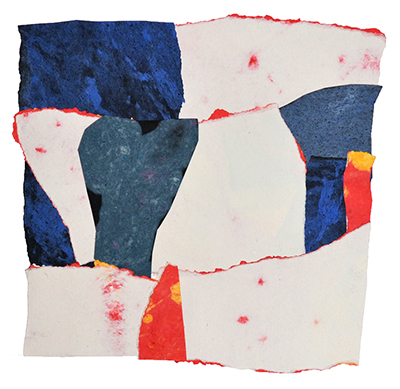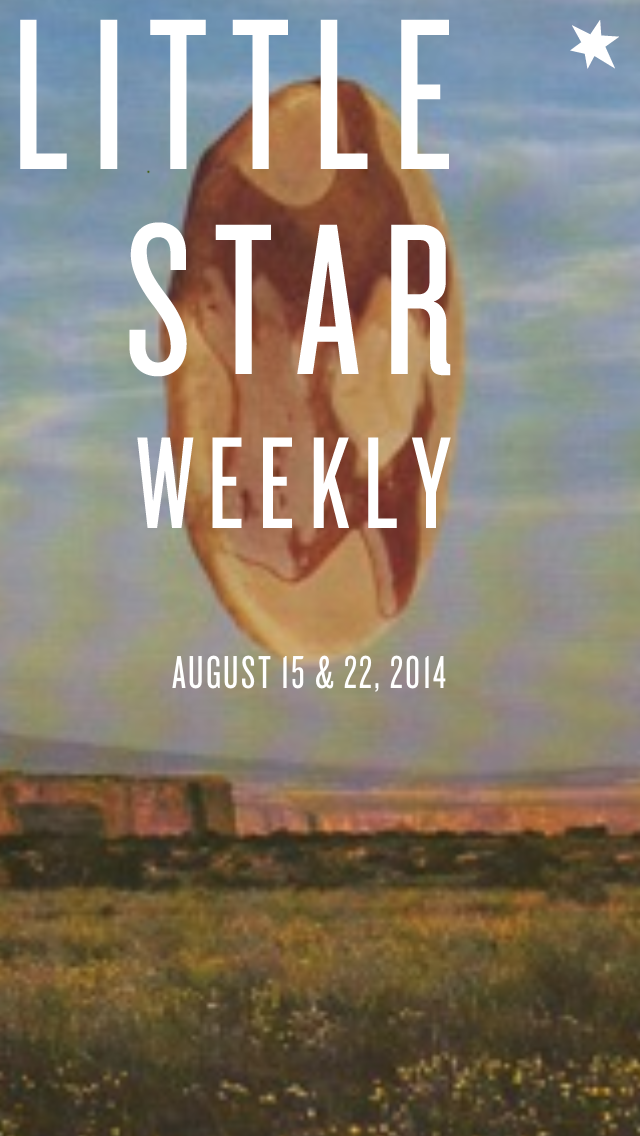This week in Little Star Weekly we feature some little prose poems from a new City Lights book, Thousand Times Broken: Three Books, which translates for the first time, with illustrations from his graphic works, three books by Henri Michaux from the period of his experimentations with mescaline. As Gilian Conoley observes in her introduction: “Both Michaux’s writing and his visual art are marked by two obsessions: to delve into darker, shadowy realms of human consciousness, and to record what he saw in the most scrupulous, exacting fashion he could muster.”
Digging around for news of Michaux we discovered that his publishers are a veritable who’s who of the independent press. An unclassifiable writer who eschewed his apparent affinities with symbolism and any public attention, he’s been a favorite of generations of the avant garde, first published in English translation in the fifties by The Paris Review (on peyote, alongside Terry Southern and Thornton Wilder) and New Directions (travels in Asia, in Sylvia Beach’s translation). City Lights joined the fray in the sixties, with Miserable Miracle, the first of his books on his experimentation with mescaline, in a translation by Louise Varèse (wife of the composer Edgard Varèse) which New York Review Books recently reissued with an introduction by Octavio Paz. City Lights returns with this new collection of three books composed between 1956 and 1959: Peace in the Breaking, Watchtowers on Targets, and 400 Men on the Cross. Little Star Weekly offers three poems from Watchtowers on Targets.
New from City Lights: Thousand Times Broken, translated by Gillian Conoley. Consists of: Peace in the Breaking, Watchtowers on Targets (an automatic collaboration with surrealist painter Roberto Matta), and 400 Men on the Cross (a contemplation of the loss of Catholic faith)
Ideogrammic ink drawings accompany Michaux’s poetic explorations of animals, humans, and the origins of language, translated by Richard Seiburth, published by Archipelago Books
Exploration, in drawings and text, of Michaux’s encounter with mescaline, first published in 1956, translated by Louise Varese, with an introduction by Octavio Paz, reissued by New York Review Books
Prose poem on Chinese ideograms, translated by Gustaf Sobin, published by New Directions. New Directions also publishes Barbarians in Asia (also translated by Sylvia Beach) and a Selected Writings, translated by Richard Ellman and drawn from Michaux’s collection of prose poems, L’Espace du Dedans.
 Comprehensive selection, translated by David Ball, published by the University of California
Comprehensive selection, translated by David Ball, published by the University of California
 Translated by Robin Magowan, published by Northwestern University Press
Translated by Robin Magowan, published by Northwestern University Press










